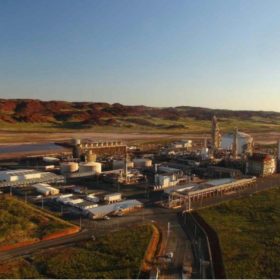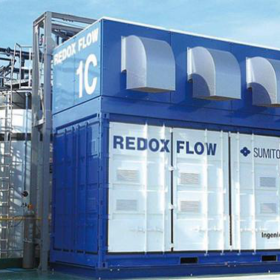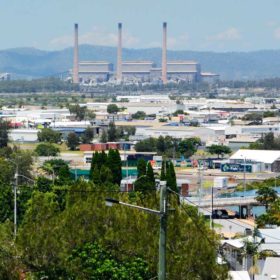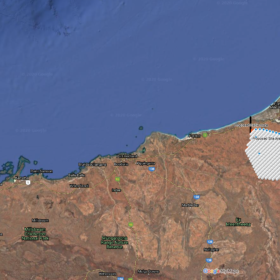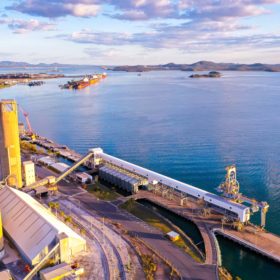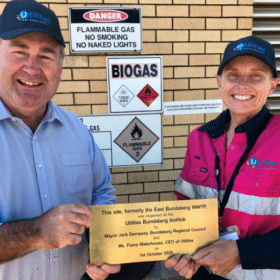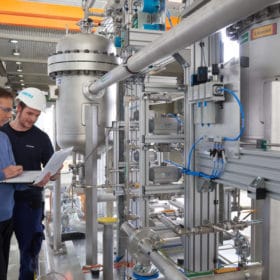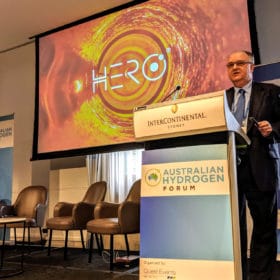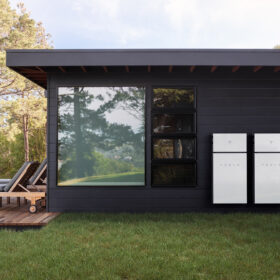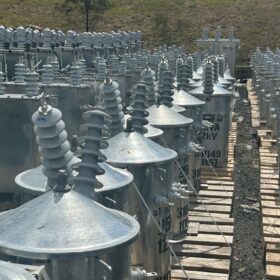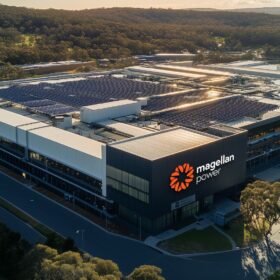Commonwealth opens crucial discussion on hydrogen certification
The Australian Department of Industry, Science, Energy and Resources is inviting discussion on its newly proposed Guarantee of Origin certification scheme for hydrogen production. The discussion itself however, which is welcomed by hydrogen industry stakeholders, has a long way to go before its methodology works to accurately differentiate hydrogen produced by renewables from other sources.
Malaysian green hydrogen project opts for Perth-based flow batteries
Perth-based TNG Limited has signed an agreement with Malaysian green hydrogen company AGV Energy which will see its vanadium redox flow batteries integrated into the HySustain project to store solar energy for green hydrogen production.
Clean? Green? Blue? Blended? Queensland’s GEAP project defies hydrogen categories
The Gladstone Energy and Ammonia Project plans to efficiently use available resources and technology to produce low-cost, relatively low-emissions blue hydrogen from coal, and provide a conduit to commercialising true green hydrogen. A federal emissions policy driving toward a net-zero commitment could properly value GEAP’s place in Australia’s energy and export ecosystem.
Nationally sanctioned 23 GW hydrogen/ammonia project gets tangled in the wetlands
Is there something fishy about Environment Minister Sussan Ley rejecting the Asian Renewable Energy Hub’s development application? The murkiness of the federal government’s drive to make Australia an exporter of hydrogen, of any hue, gives rise to concerns.
WoodMac forecasts Australia’s low-carbon hydrogen export revenue to reach US$90 billion by 2050
Wood MacKenzie’s energy transition modelling is predicting a primacy in the future low-carbon hydrogen economy for Australia. Thanks to the country’s solar irradiance and renewable energy expertise, as well as its relative proximity to major off-taker markets, Australia could be looking at export revenues of up to US$90 billion by 2050.
Demand, policies, investment key to green hydrogen development
Ruchi Gupta is a research fellow at the University of Geneva’s Institute for Environmental Sciences. She focuses on how flexibility options, such as sector coupling with hydrogen production, can support renewable energy integration and decarbonise a wide range of sectors.
How a Queensland city’s co-location past is fuelling its green hydrogen future
In the world of renewable energy, the past carries charge. It can be an anchor, a learning curve, a hurdle. In Bundaberg, it’s quite literally the fuel for the future. And that green future is being energised by an unusual crew: its local government.
Rystad says cost looms as hurdle for green hydrogen industry
Australia’s determination to establish itself as a major player in the green hydrogen market has seen a flood of government funding and announced projects in recent months but new analysis from international consultancy firm Rystad Energy has highlighted a potential hurdle for the industry.
Out-of-the-box Australian selected to be one of eight in World Hydrogen Advisory Board
Andrew Horvath, Global Chairman of hydrogen technology company Star Scientific, has been selected by the global Sustainable Energy Council to be one of the eight leaders on its World Hydrogen Advisory Board. “I’m the only Aussie!” Horvath told pv magazine Australia.
Victorian developers commit $5.8 million in first sale of Australian company’s modular hydrogen production units
Sydney-headquartered Patriot Hydrogen has secured the first sale of its modular hydrogen production ‘P2H’ units. It is set to deliver Port Anthony Renewables Limited two of the modules by the end of the year.
